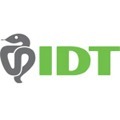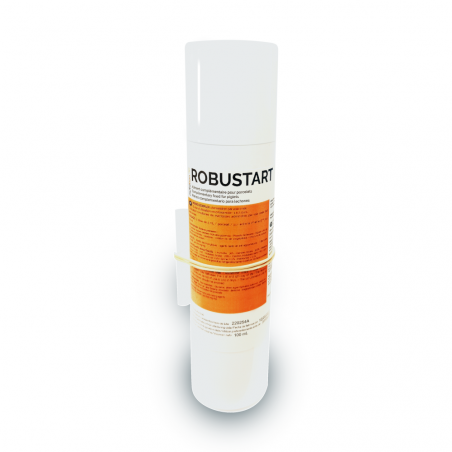
Neonatal diarrhoea is a complex pathology, and in many farms, a persistent and insidious problem. A wide differential diagnostic can be the key for the resolution of this pathology, that decrease the productions of the farm due to the mortality, the reduction of daily gain, and the multiple measures necessary for its control. There exist many risk factors (basically related to management, environment and hygiene), that contribute to the proliferation of many pathogen agents (Rotavirus, Coronavirus, E. coli, Clostridia and Coccidia) than can be present in the farm. Normally, this diarrhoeas are attributed to virus (Rota and Coronavirus), E.coli, Clostridia or Coccidia depending the age of appearance, the characteristics of the faeces and the lesions caused.Fortunately, there exist vaccines that control efficiently the diarrhoea caused by E. coli and Cl. perfringens type C, so in case of persistent diarrhoea, the suspicion drives to virus and other clostridia whose toxins are not included in the usual vaccines, as Cl. perfringens type A and difficile. Recent studies show that the prevalence of Cl. perfringens type A in this type of cases is high, thus, a complete differential diagnostic should include it.

IDT developed a specific diagnostic service for these cases, and in addition count with a specific tool that can be of great help for its solution.
January 12, 2015 - IDT





